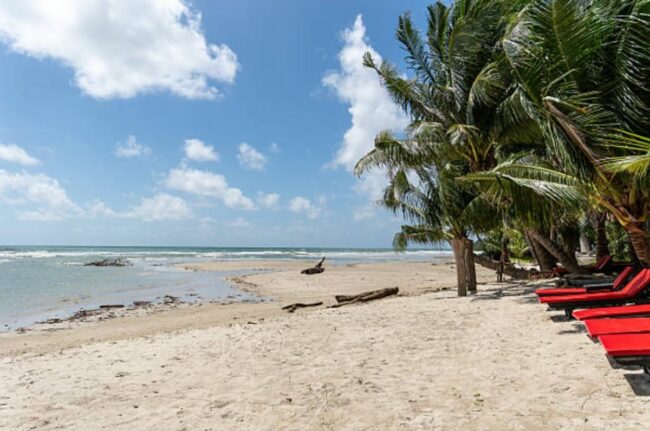Foreign Office changes travel advice for Thailand and warns ‘British nationals’
… new travel advice for British nationals and UK tourists in … Thailand. The FCDO has issued new guidance over travelling … East has caused widespread travel disruption, including airspace closures … “review your travel insurance policy for coverage …

